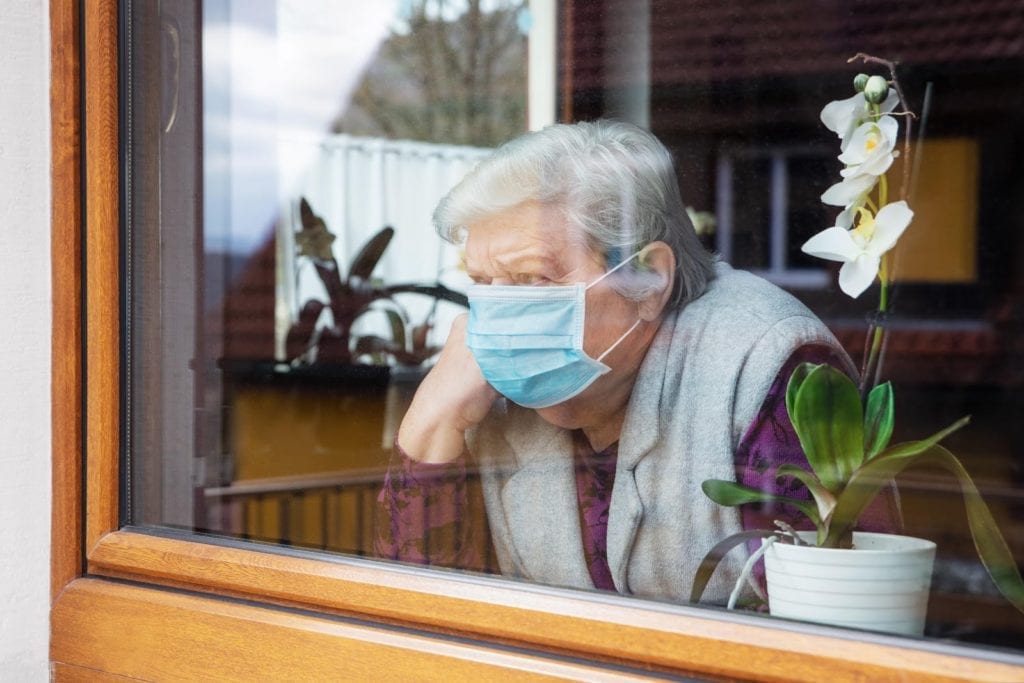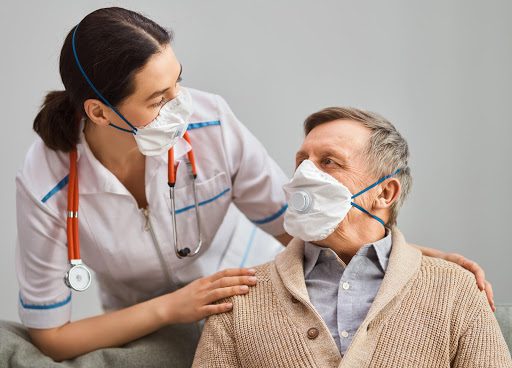The elderly population is facing a myriad of challenges due to the coronavirus, adding to the routine concerns they must contend with beyond the COVID-19 pandemic. Senior citizens and their loved ones are realizing they must battle several different difficulties all at once if they want to protect their well-being as well as their lives.
Even before factoring in any additional, COVID-19-related concerns, many senior citizens face a number of significant challenges in their daily lives. Among the most concerning are physical health issues relating to aging, which can significantly hinder their functioning and independence. Such issues include:
Another potential risk concerning older adults’ is a decrease in cognitive abilities. Such a decline can be the result of an illness such as dementia or Alzheimer’s disease. No longer able to remember or hold onto thoughts and memories with the same ease, a decrease in cognitive abilities can lead senior citizens to experience confusion, fear, and isolation from others. These symptoms negatively impact their quality of life and endanger their sense of security.
Another area of concern for older adults is the cost of living. Many members of this primarily retired population live on a fixed income. In the case of emergency or even foreseen changes to their needs, many may find it difficult to cover mounting medical expenses or a sudden dependence on at-home assistance.
The social aspect of senior citizens’ lives can be an additional source of mental anguish. Many members of the elderly population contend with growing isolation and mourning the loss of loved ones.
The above-mentioned physical, cognitive, financial, and social concerns can all be detrimental to elderly mental health. Their decrease in quality of life is reflected in higher suicidality rates. This rise in suicide cases among the elderly can be attributed to a steady increase throughout the life cycle (at a particularly steep pace for white men) and to the stressors listed here that are more tied to an older age.

Older adults are considered at a particularly high risk of mortality and complications due to COVID-19. From as early as 50, severe corona-related symptoms become increasingly dangerous with the risk rising with age, as those 85 and older considered the highest risk. Eight out of ten US deaths relating to COVID-19 were among patients who were 65 or older.
There are several reasons why the elderly are at a higher risk of falling severely ill due to COVID-19. First, the chances of medical and health complications increase with age, even beyond corona. And since the coronavirus can hit extremely hard causing preexisting conditions to become more severe than normal. Senior citizens are at a higher risk due to the medical issues they are already facing.
Older adults may also become more susceptible to certain illnesses as their bodies and immune systems become less effective in warding off potential health threats.
Additionally, significantly older populations may find it difficult to communicate the symptoms they are experiencing due to prior conditions that limit their communication abilities, such as advanced Parkinson’s disease or a stroke.
Collectively, these risk factors can interact with each other to increase the risk of significant illness due to COVID-19 among members of the elderly population.

In an effort to protect elderly mental health and well-being during the coronavirus pandemic, government offices and mental health organizations have issued a number of suggestions and guidelines that help ensure they are better protected. Such suggestions include: